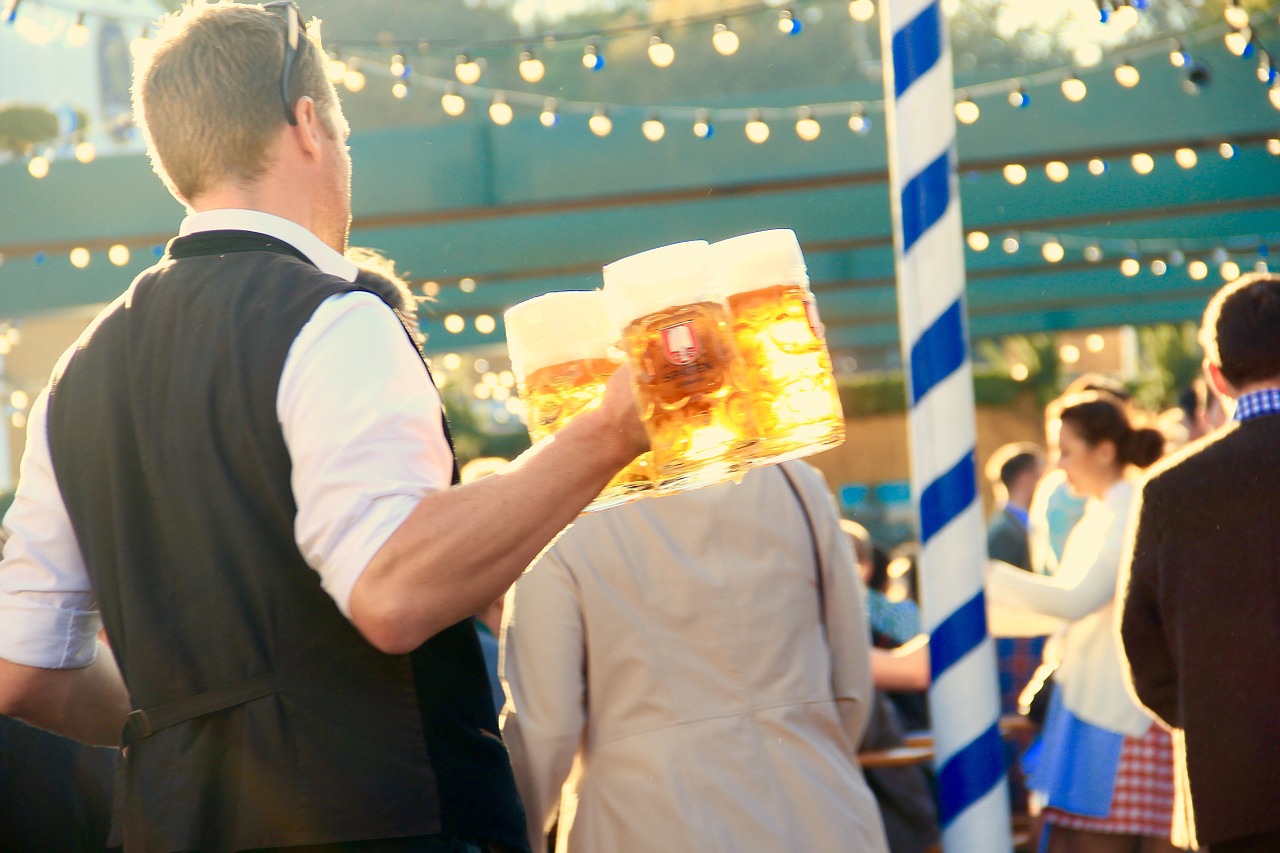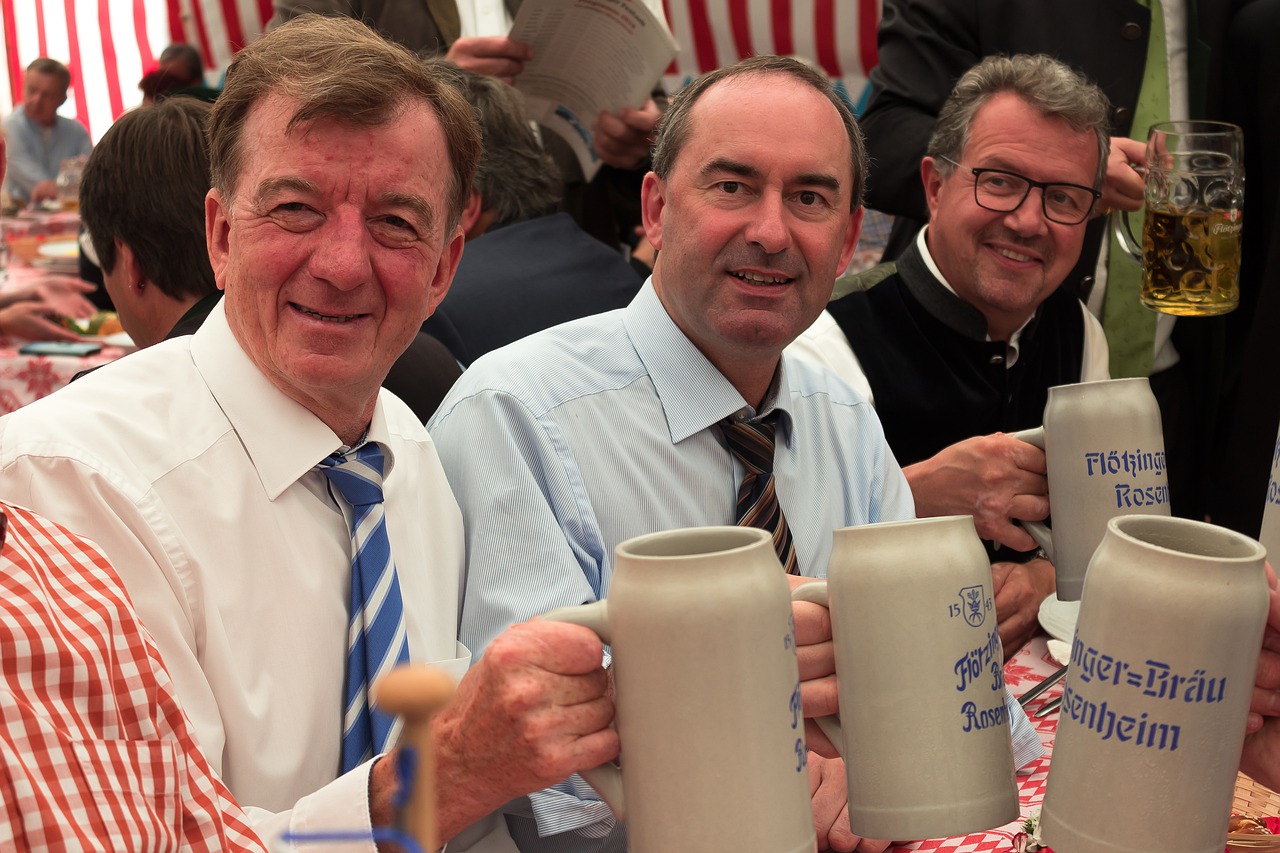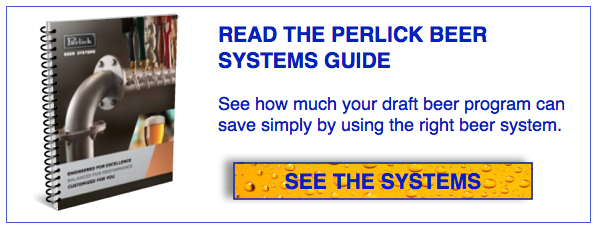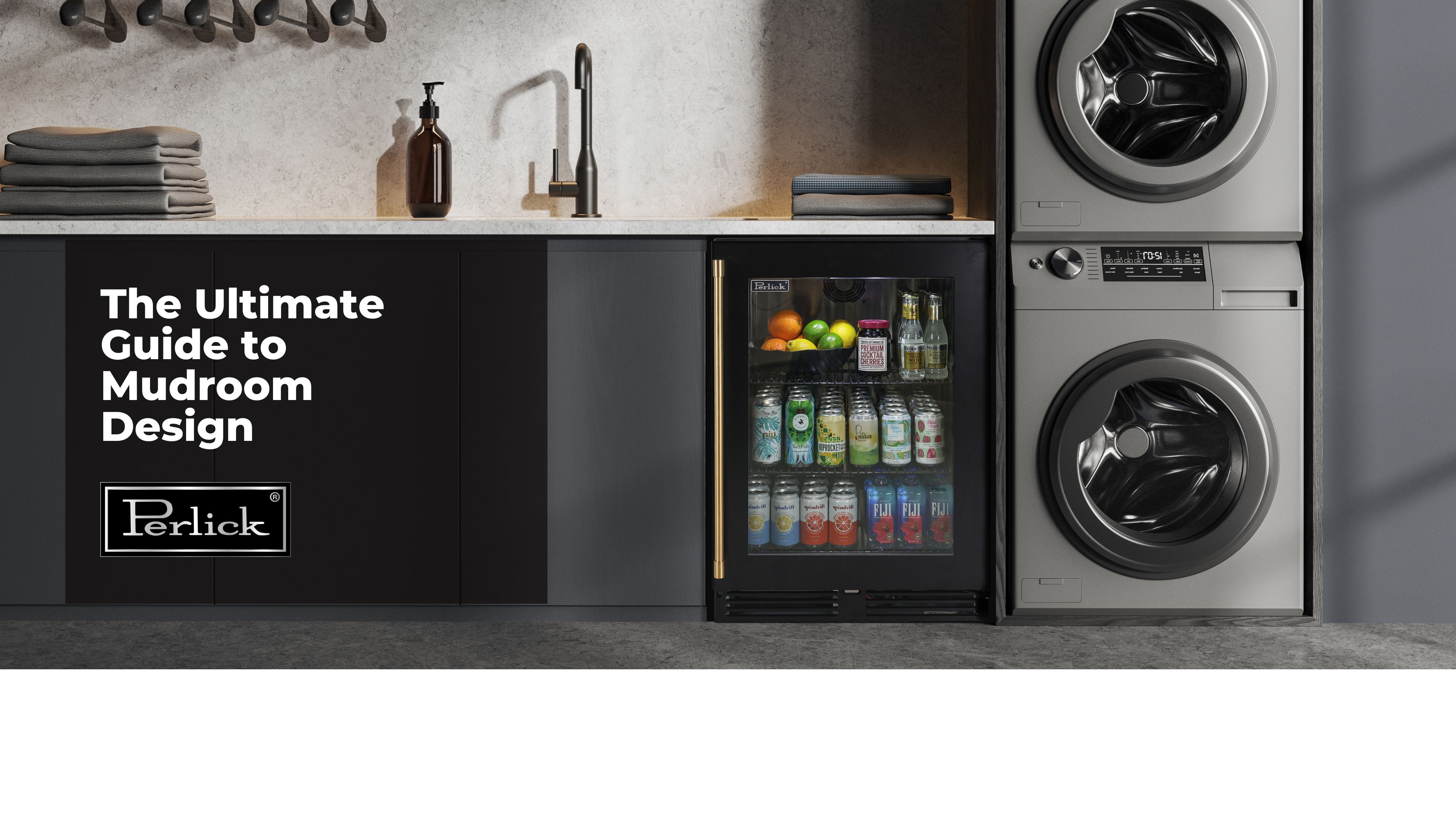It probably makes sense that Perlick takes beer dispensing seriously since our founders are German. But to say the Germans take beer seriously is an understatement. A serious one. In fact, there's a word in German -- bierernst -- which means "deadly serious" when converted in conversation, but the literal translation of the word is "beer serious." Yes, they're that serious.
For bar and restaurant operators, this time of year represents an opportunity to capitalize on all the German spirit, and unlike other ethnic-related holidays such as St. Patrick's Day or Cinco de Mayo, Oktoberfest goes on for weeks. Profit potential? Seriously. And for the men and women tending bar, it doesn't hurt to know a little bit about what bierernst really means, and how far back it really goes.
More than 500 years ago, they decided to get their passion down on paper. In the Bavarian town of Ingolstadt, a decree was issued representing the culmination of what was actually decades of discussion. The goal? To ensure and affect positive change in the quality of the beer produced at the time. The name of the decree was the Reinheitsgebot.
The Translated Text of the Reinheitsgebot
We hereby proclaim and decree, by Authority of our Province, that henceforth in the Duchy of Bavaria, in the country as well as in the cities and marketplaces, the following rules apply to the sale of beer:
From Michaelmas to Georgi, the price for one Mass [Bavarian Liter 1,069] or one Kopf [bowl-shaped container for fluids, not quite one Mass], is not to exceed one Pfennig Munich value, and
From Georgi to Michaelmas, the Mass shall not be sold for more than two Pfennig of the same value, the Kopf not more than three Heller [Heller usually one-half Pfennig].
If this not be adhered to, the punishment stated below shall be administered.
Should any person brew, or otherwise have, other beer than March beer, it is not to be sold any higher than one Pfennig per Mass.
Furthermore, we wish to emphasize that in future in all cities, market-towns and in the country, the only ingredients used for the brewing of beer must be Barley, Hops and Water. Whosoever knowingly disregards or transgresses upon this ordinance, shall be punished by the Court authorities' confiscating such barrels of beer, without fail.
Should, however, an innkeeper in the country, city or market-towns buy two or three pails of beer (containing 60 Mass) and sell it again to the common peasantry, he alone shall be permitted to charge one Heller more for the Mass or the Kopf, than mentioned above. Furthermore, should there arise a scarcity and subsequent price increase of the barley (also considering that the times of harvest differ, due to location), WE, the Bavarian Duchy, shall have the right to order curtailments for the good of all concerned.
— Bavarian Reinheitsgebot of 1516

A few years later in 1516, Duke Wilhelm IV of Bavaria introduced the decree known in the United States as the German Beer Purity Law. Essentially, it only allows the following ingredients: hops, barley, and eventually as it was discovered, yeast. It was adopted across Germany and the former Holy Roman Empire, but in Germany, the Reinheitsgebot lasts even today.
With the change in global beer culture, though, and with the rising popularity of diverse beer styles in Germany, it's relevance has been questioned.
"Working in Germany, all of us were really disappointed by what the German beer market had to offer in regards of variety, diversity, and quality," said Robin Weber in an NPR article highlighting the 500th anniversary of the Reinheitsgebot. Weber is the CEO of Berliner Berg, one of Germany's emerging craft breweries.
As a result, the law has been loosened in some cases or modified to include exceptions for different beer types. The basic law now says that only malted grains, hops, water, and yeast are permitted in beer.
There's no doubting the "beer seriousness" of German beer production and Perlick beer equipment manufacturing.
For bar and beverage operators, delivering a quality, profitable pour is vital, whether you’re operating a small taproom or large German beer hall. From the beer to the taps that deliver that beer, everything should contribute to the ultimate goals of quality and profitability. Read the Perlick Beer Systems Guide to learn more about the beer system that's right for your operation.








